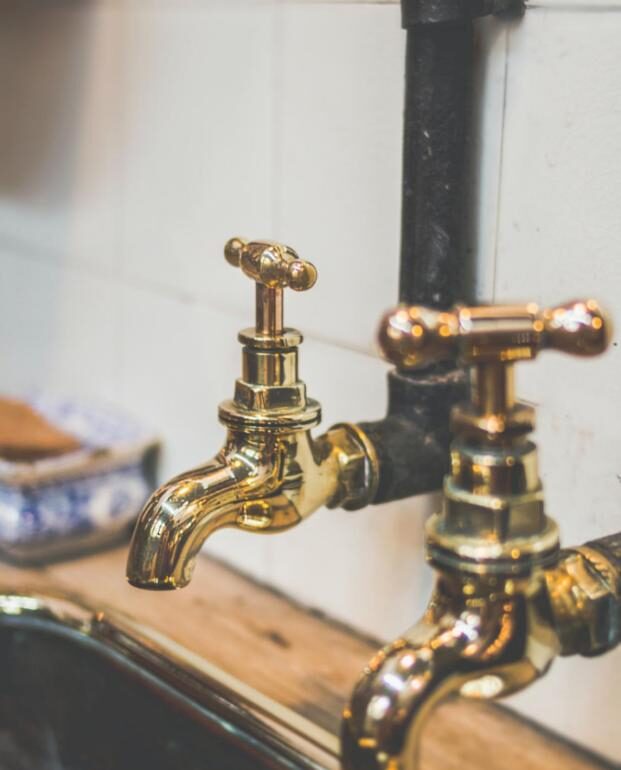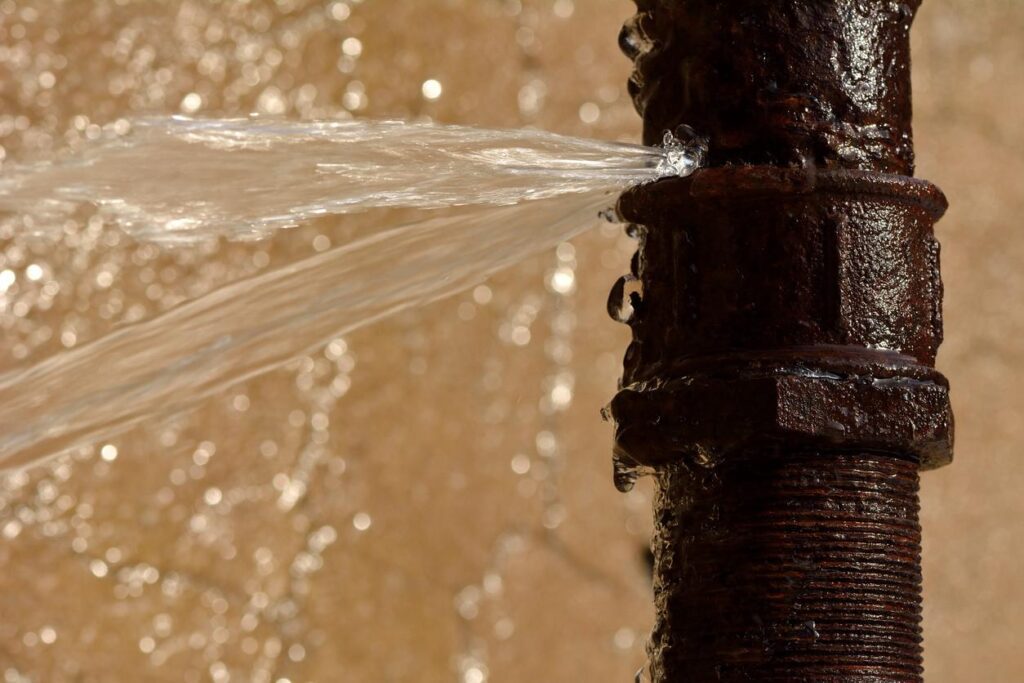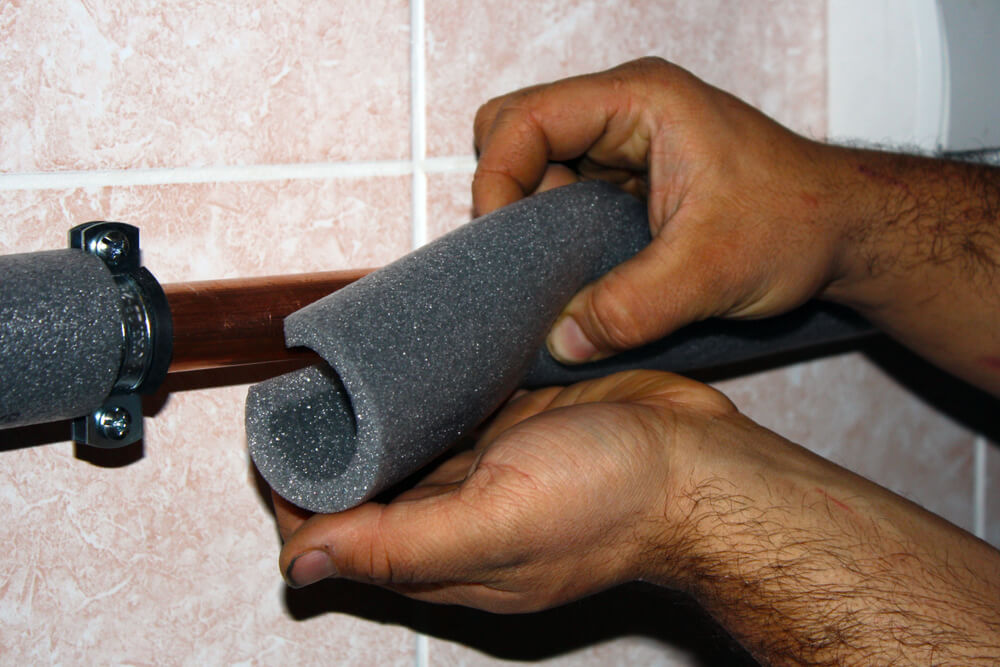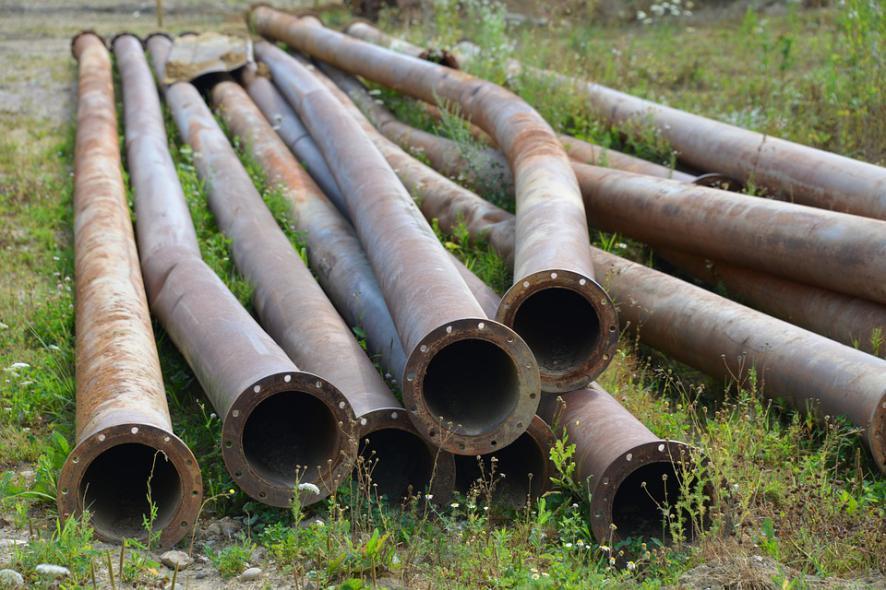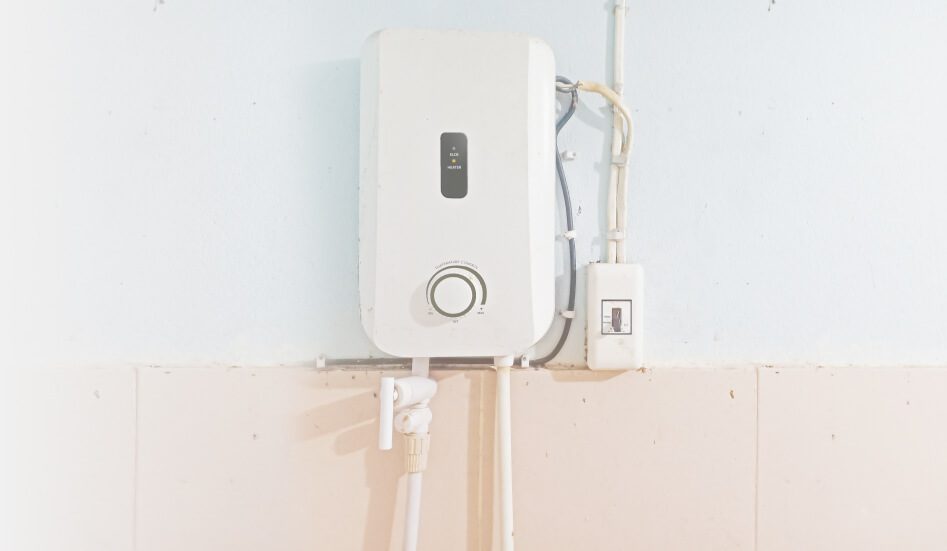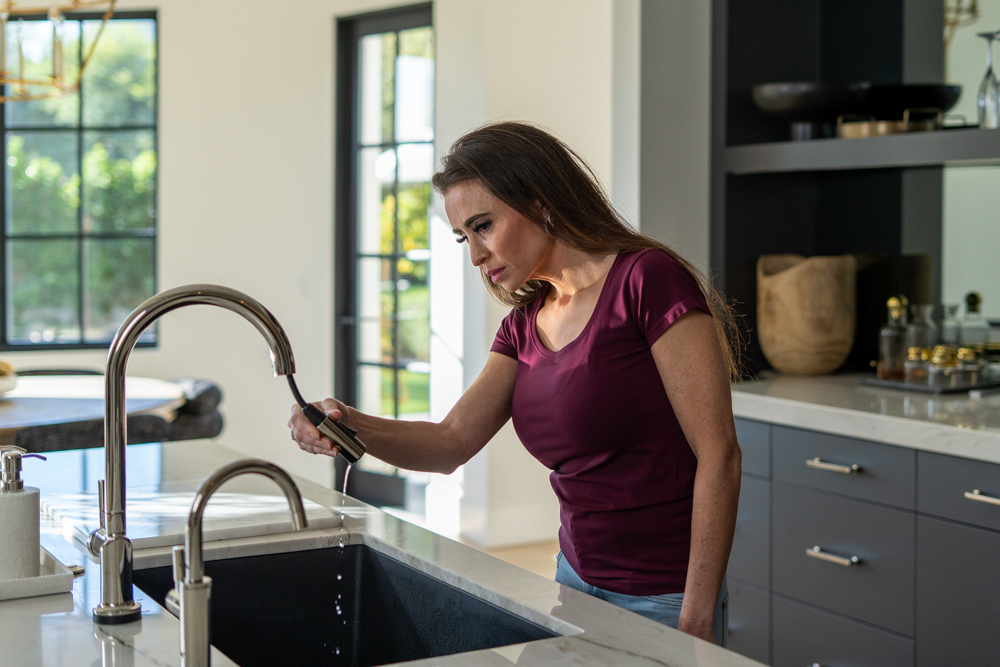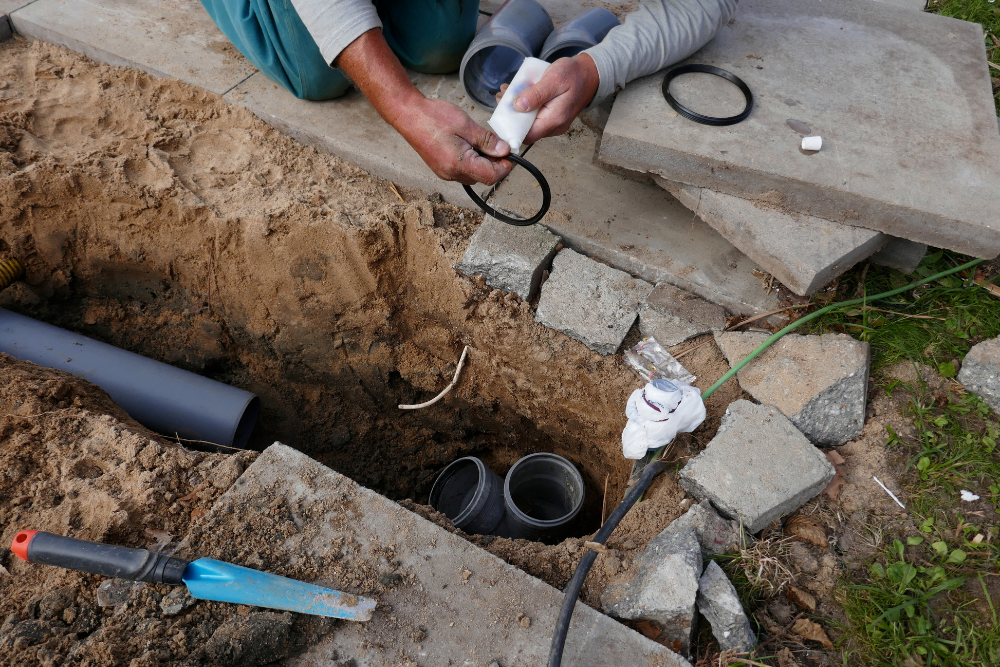Blog
- Plumbing
-
-
-
Interested in Financing?
We offer flexible financing options.
Priority Service
Save time, money, and frustration with the Rooter Ranger Rescue Club.
-
-
-
- Drains
-
-
-
Interested in Financing?
We offer flexible financing options.
Priority Service
Save time, money, and frustration with the Rooter Ranger Rescue Club.
-
-
- Sewer
-
-
-
Interested in Financing?
We offer flexible financing options.
Priority Service
Save time, money, and frustration with the Rooter Ranger Rescue Club.
-
-
- Water Quality
-
-
-
Interested in Financing?
We offer flexible financing options.
Priority Service
Save time, money, and frustration with the Rooter Ranger Rescue Club.
-
-
- Water Heaters
-
-
-
Interested in Financing?
We offer flexible financing options.
Priority Service
Save time, money, and frustration with the Rooter Ranger Rescue Club.
-
-
-
- Commercial
- Deals
- Resources
- About
- Contact
- Schedule Online
- (864) 256-0643




